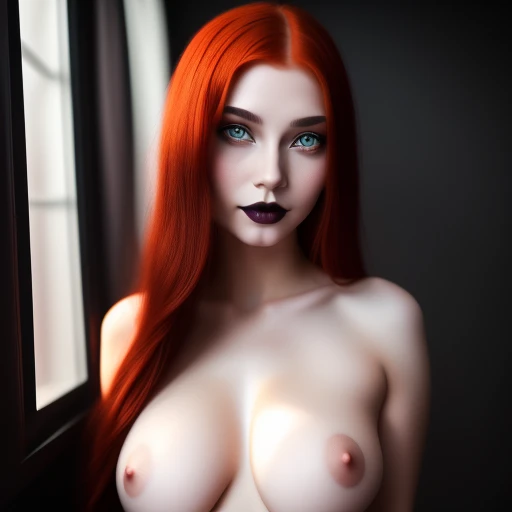Different Things: Erich Wolfgang Korngold, Nino Rota, Alfred Schnittke, Philip Glass (2017)
Marcin Markowicz (violin), Grzegorz Skrobiński (piano)
EAC | FLAC | Image (Cue&Log) ~ 296 Mb | Mp3 (CBR320) ~ 162 Mb | Scans ~ 35 Mb
Genre: Classical | Label: CD Accord / NFM | # ACD 235 / NFM 38 | 01:10:38
Marcin Markowicz (violin), Grzegorz Skrobiński (piano)
EAC | FLAC | Image (Cue&Log) ~ 296 Mb | Mp3 (CBR320) ~ 162 Mb | Scans ~ 35 Mb
Genre: Classical | Label: CD Accord / NFM | # ACD 235 / NFM 38 | 01:10:38
Korngold, Rota, Schnittke, Glass – four different artistic personalities. Each of these composers was active in totally different conditions; and therefore their life circumstances and consequently their artistic choices are incomparable. What may connect Korngold and Nino Rota are their early debuts as composers – both were prodigies. Seeking analogies in the lives of Alfred Schnittke and Philip Glass would come to naught. There is, however, another common denominator for their work – all of them were hugely successful in writing film music. Korngold codified its modern canons ruling to this day. Without Nino Rota it would be difficult to imagine Federico Fellini’s masterpieces. Alfred Schnittke found in the realm of cinema a domain of relative artistic freedom; Philip Glass a platform for his ambitiously non-clichéd art, opposing the musical mainstream of the last decades of the 20th century and the first decades of the 21st century.



